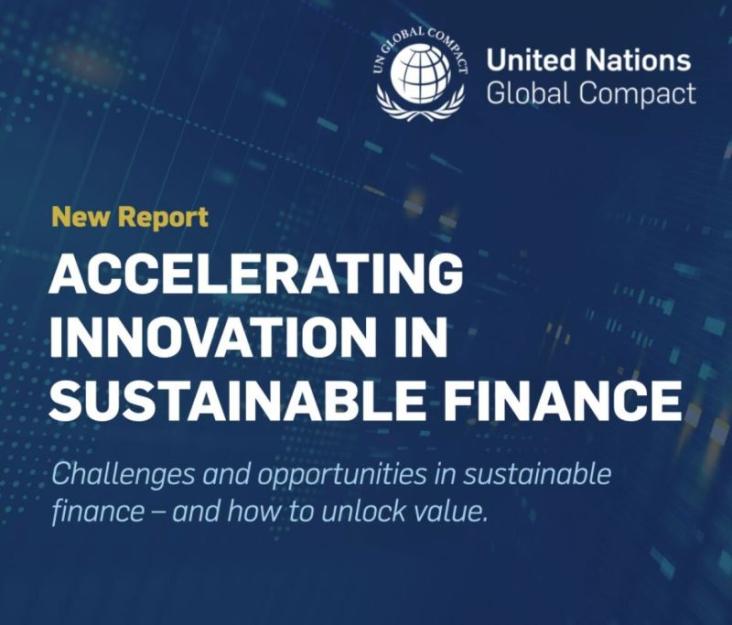Michael Deighton, Chapter One - Introduction, Powering through the Transition, Elsevier, 2025, Pages 1-17.
This chapter supports UN SDGs 7 (Affordable and Clean Energy), 9 (Industry, Innovation, and Infrastructure), 11 (Sustainable Cities and Communities), 13 (Climate Action), and 17 (Partnerships for the Goals) by promoting the transition to renewable energy sources, reducing greenhouse gas emissions, enhancing energy efficiency, fostering technological innovation, and emphasizing collaboration and innovation to drive the development of cleaner and more efficient energy solutions for a sustainable future.
This chapter supports UN SDGs 7 (Affordable and Clean Energy), 9 (Industry, Innovation, and Infrastructure), and 13 (Climate Action) by promoting the transition to renewable energy sources, reducing greenhouse gas emissions, enhancing energy efficiency, fostering technological innovation, and emphasizing collaboration and innovation to drive the development of cleaner and more efficient energy solutions for a sustainable future.
Smart Cities and Sustainable Manufacturing: Innovations for a Greener Future, Volume , 1 January 2024

The UNGC's latest report on “Accelerating Innovation in Sustainable Finance” offers models for businesses on how to deliver financial returns and positive global impact – together.

